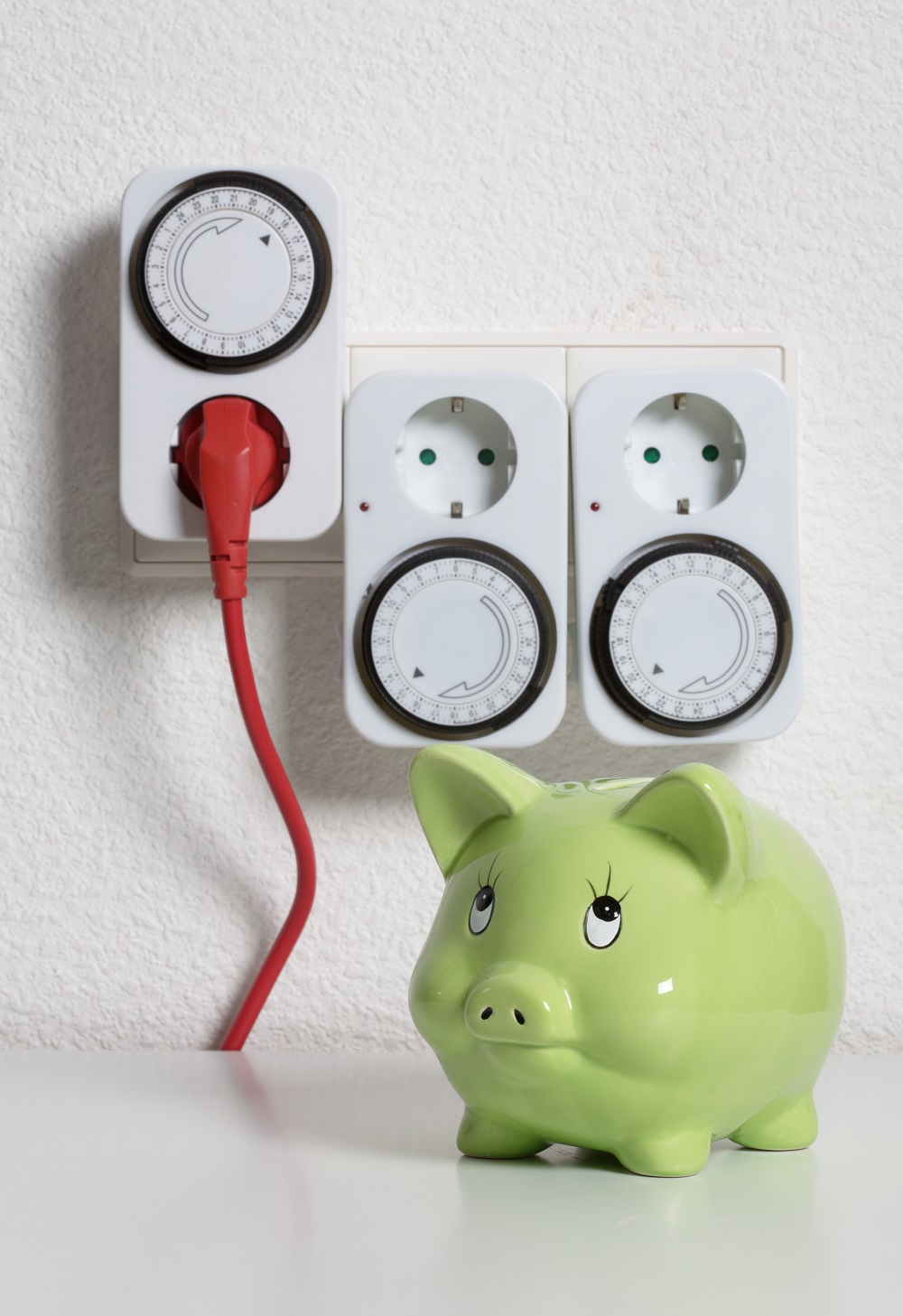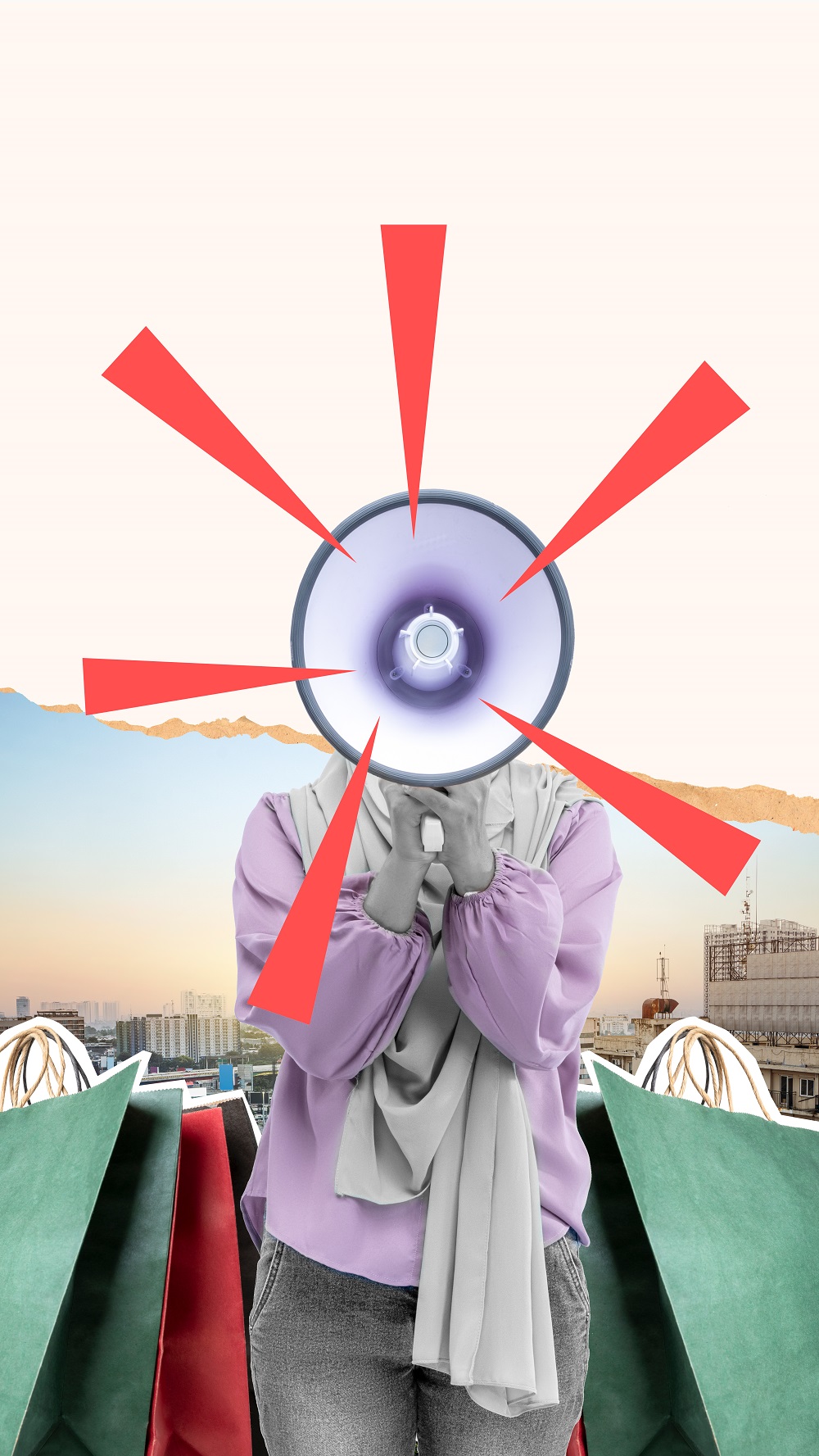Energy Poverty Conference 2024
This conference brought together academics and policymakers to discuss the latest findings on energy poverty research carried out by the ESRI, the University of Leeds, and the University College Cork, in November 2024.
IREPO will build and improve on the long-term relationship with reliable data sources that will feed its machine learning algorithms and improve accuracy over time, ultimately delivering a replicable methodology for an accurate and up-to-date data-driven policy-supporting tool.



Energy poverty is a complex issue that requires a comprehensive approach. Any initiative that overlooks the intricate scenarios related to energy poverty — whether in terms of generation, demand, or impact — is likely to produce suboptimal results.
In terms of academic impact, the IREPO platform will serve as a comprehensive data source for energy research, encompassing various interdependencies, including social, economic, industry-related products, education, and more. Furthermore, IREPO is designed to foster collaboration among diverse partners who are actively involved in addressing energy poverty. Given the significant academic interest in this topic, we can anticipate strong collaboration and engagement from academic partners throughout the project and in the sustained use of the IREPO platform after its completion.
IREPO has the potential for collaboration with various platforms and initiatives at both national and international levels, especially because it can be replicated by other organizations and countries. Collaborative projects, such as Horizon Europe's Energy Poverty Advisory Hub — which includes participation from some members of the consortium — along with numerous other initiatives, highlight a range of projects taking place across Europe.
IREPO can provide valuable insights into energy poverty for various research, development, and demonstration (RD&D) activities that are not funded by government sources. A clear example is research institutions that receive funding through private donations, foundation grants, or corporate partnerships. Additionally, international agencies such as the World Bank and the United Nations Development Programme (UNDP) may be interested in demonstration projects that illustrate how specific strategies to combat energy poverty can be implemented in practice. The IREPO platform can support these efforts with its simulation capabilities.
NGOs and philanthropic foundations play a key role in research and development activities related to energy poverty. They aim to understand the issue better, fund affordable energy technologies, and support demonstration projects. The IREPO platform can assist with these activities. Additionally, public-private partnerships can bring stakeholders together to explore opportunities in addressing energy poverty. IREPO will help assess needs and guide investments in areas like solar panel production and retrofit industries using data-driven decision tools.
The proposed IREPO project is expected to significantly impact society and policy. It aims to improve quality of life and health through better heating and information access, enhance education with more reliable energy, and support climate change mitigation by increasing the use of renewable energy. The project could also drive policy changes with optimized, data-driven tools and promote social equity by ensuring access to necessary energy. Additionally, IREPO would strengthen Ireland's scientific capacity by fostering collaboration on the critical issue of energy poverty.
The IREPO project is expected to significantly impact society and policy by improving quality of life and health through better heating, access to information, and education, all aided by increased energy reliability. It aims to mitigate climate change by promoting renewable energy use and could lead to policy changes with data-driven tools that support decision-making and enhance social equity. By the end of the second year, IREPO will be ready to support these initiatives with web tools and validated data integration, while earlier collaborations can begin through partnerships among various data sources, including academia and market initiatives.

IREPO's Communication and Dissemination (C&D) plan aims to engage key target audiences and utilize appropriate communication channels. This structured approach is designed to foster greater understanding and promote collaboration across sectors to mitigate energy poverty in Ireland.
The C&D plan also identifies potential audiences to target, such as technical experts and stakeholders interested in policy implications. As IREPO progresses and its outcomes and collaborations become clearer, these audiences will need to be updated and adjusted, including the communication channels, to accommodate new ideas and opportunities as they arise.
Different approaches will be employed to properly address distinct types of audiences. Potential stakeholders include, but are not limited to, individuals directly affected by energy poverty, advocacy groups and networks, academic partners, county councils, and others.
Workshops specifically aimed at groups of stakeholders will be held during the development of IREPO's project and will be advertised on IREPO's website and social media channels accordingly.

This conference brought together academics and policymakers to discuss the latest findings on energy poverty research carried out by the ESRI, the University of Leeds, and the University College Cork, in November 2024.

Prof Aoife Foley was invited to present the "An interdisciplinary Energy Poverty Observatory: Data-Driven Policy and Insights" in the conference in November 2024.

IREPO presented its research in this prestigious symposium organised by the MIT (and co-organised with Harvard) in August 2024.

The project kick off meeting took place in the Tyndall National Institute in early July 2024.